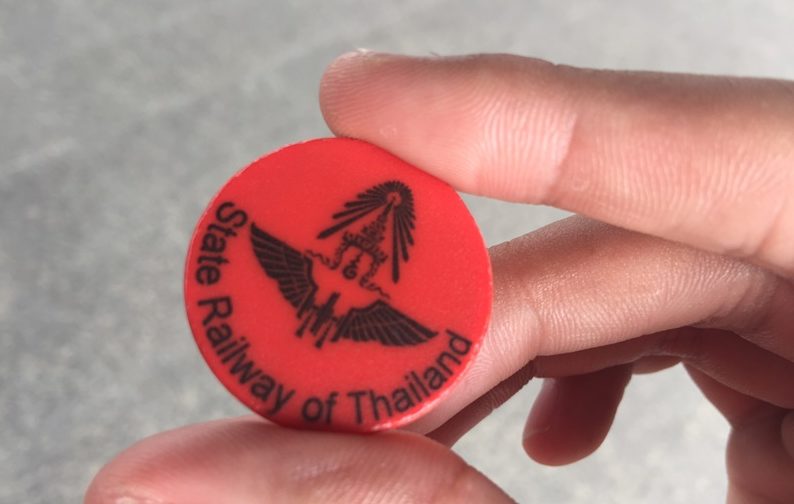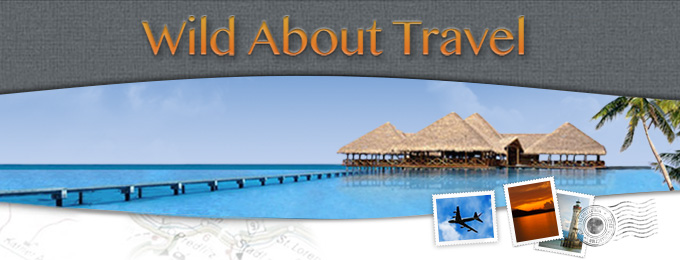On the Bangkok Airport Skytrain, entry through the fare gates is via a round plastic token.

The same token is swallowed by the fare gates at the other end. They are then emptied out of the fare gates and either stacked back into automatic machines sold by the human operators who collect coins and notes by hand and distribute the tokens with their hands. Over a year, that same token may be handled by up to a thousand people (i used three times a day). The amount of bacteria and germs that probably float along on these tokens is probably horrifying.
So imagine my feelings as I watched a European gentleman pop his token into his mouth! He nursed it there for some time.
He is just one of the many examples of strange behaviours I have seen engaged by westerners travelling in lesser developed countries. It is hard to avoid getting sick when travelling but there are some things that you can do to protect yourself -without going over the top.
- Properly washing hands before meals and especially after using the lavatory is a must as dangerous bacteria can be spread very quickly. I am astounded by how many men I have seen whilst travelling, simply walk out of a washroom without washing their hands. Apparently, a staggering 62 percent of men and 40 percent of women are guilty of this.
- Carrying your own anti-bacterial soap and/or hand wipes can be a useful precaution if you cannot find somewhere to wash your hands
- Carrying toilet tissues or wipes may be necessary in some countries as toilet paper may not always available in public facilities
- Contaminated drinking water is one of the leading sources of health problems for travellers. Check your destination(s) for details of hazards there. I carry a water bottle with a built on filter which I fill at night with boiled water and refrigerate. A good filter takes out everything down to 0.2 microns, removes all bacteria and many viruses. Iodine tablets can also be helpful
- Avoid ice in many countries and only have ice cream if you know that it has been properly frozen. Some countries can have power failures and the ice cream may have been thawed and re frozen
- Eat food that has been cooked in front of you or near you. Food that is pre-prepared can be harbouring dangerous bacteria
- Avoid seafood in inland areas
- Carrying a packet of museli (or granola) bar can be helpful if you are unable yo obtain affordable safe food.
- Carry a diarrhoea medicine; -you are almost certain to need it at some point.
- Have travel insurance and see a doctor if symptoms of unhealthy stomach continue
Oh, and do not put anything in your mouth that people have handled. Or is that just obvious?



Ditto on all points.
I would add avoid buffet bars that don’t have tongs for making your selections. If they have tongs and someone is not using them…remind them about bacteria and that your are not a fan of disease.
Even if a buffet has tongs and serving utensils for each item. If the people before you don’t wash their hands just before going through the line. You are picking up all kinds of germs just from utensils. Avoid buffets at all costs.
If you have kids, I buy liquid soap that I like the smell of so when I tell them to wash their hands when they come out I smell their hands. I’m probably training the 4th generation of OCD hand washers in my family.